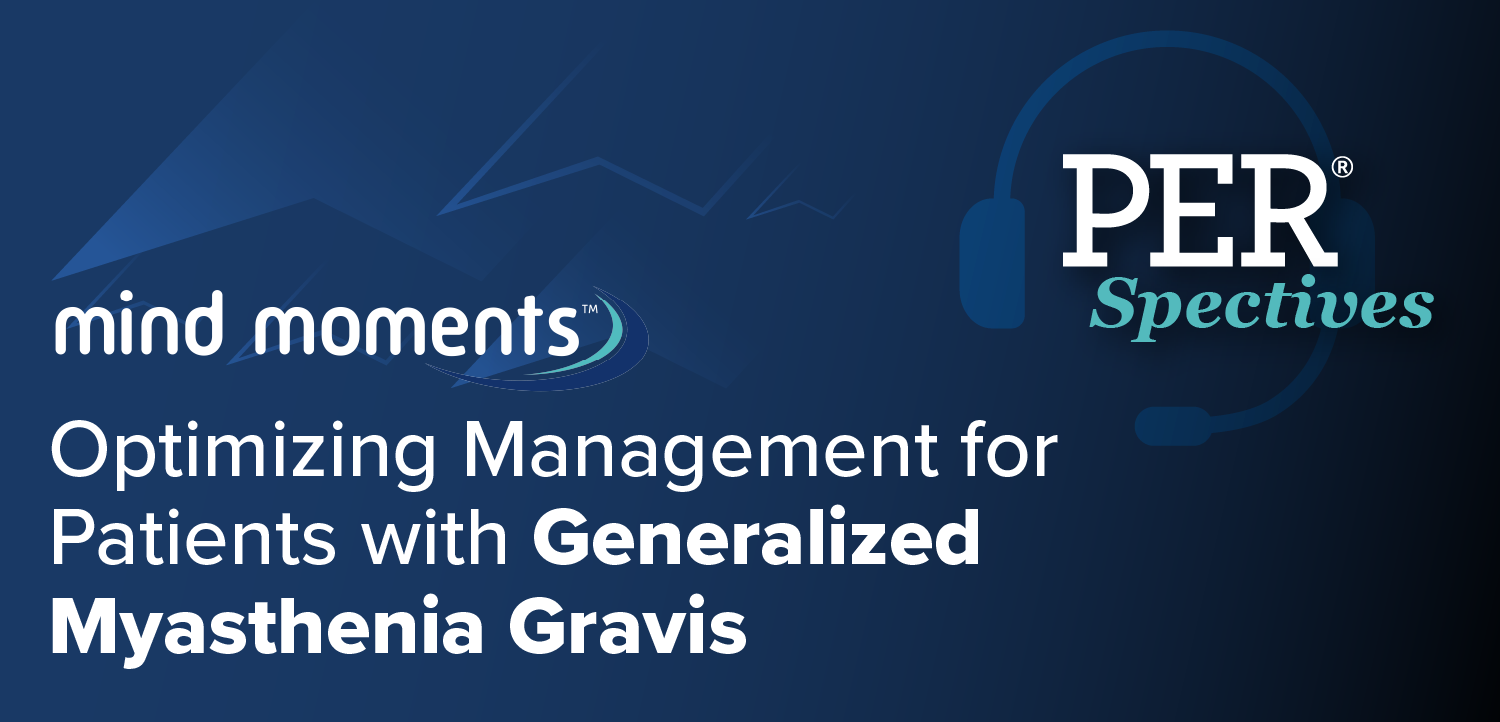|Videos|May 27, 2020
Case Based Insights: Parkinson Disease OFF Episodes
Advertisement
Newsletter
Keep your finger on the pulse of neurology—subscribe to NeurologyLive for expert interviews, new data, and breakthrough treatment updates.
Advertisement
Related Articles
 Perispinal Etanercept Shows No Efficacy in Treating Chronic Stroke
Perispinal Etanercept Shows No Efficacy in Treating Chronic StrokeSeptember 16th 2025
 Current Challenges and New Opportunities Ahead for Women in Neurology
Current Challenges and New Opportunities Ahead for Women in NeurologySeptember 15th 2025
 Del-Zota Reverses Duchenne Disease Progression in 1-Year Trial Update
Del-Zota Reverses Duchenne Disease Progression in 1-Year Trial UpdateSeptember 15th 2025
Latest CME
Advertisement
Advertisement
Trending on NeurologyLive
1
Del-Zota Reverses Duchenne Disease Progression in 1-Year Trial Update
2
EMA Approves Semaglutide as First GLP-1 RA for Cardiovascular, Stroke-Related Benefits
3
Evolving Responsibilities of Vice Chairs in Neurology Leadership: Mud Alvi, MD
4
Current Challenges and New Opportunities Ahead for Women in Neurology
5











































